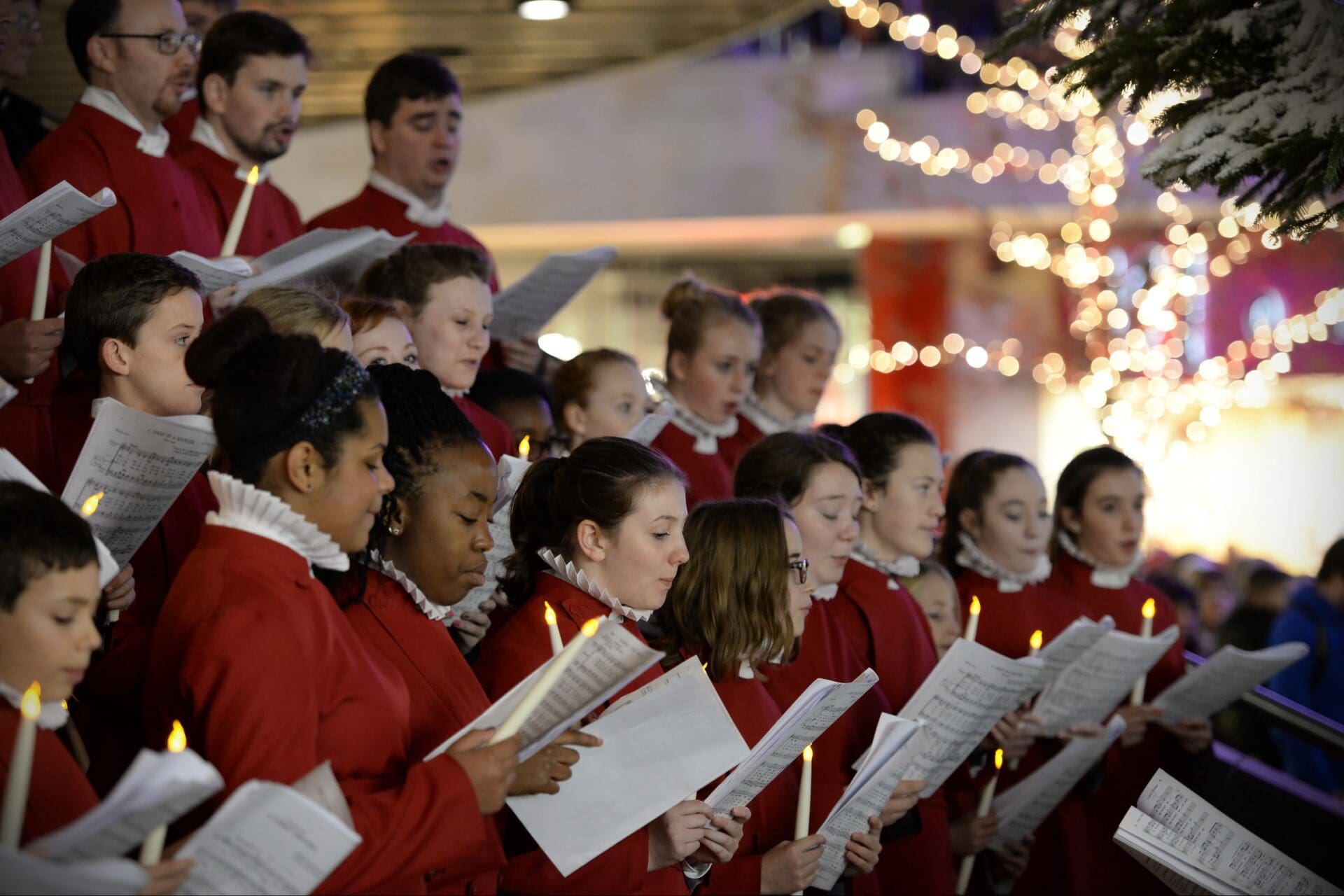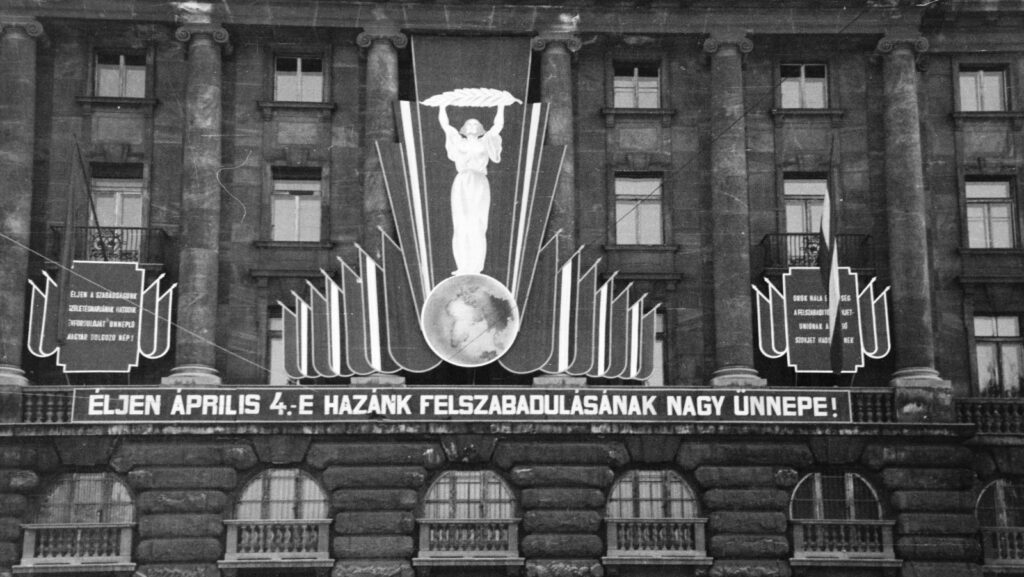There is a myriad of Christmas carols, some of which come and go, but there is one familiar song that has been consistently among the top favourites of everyone who celebrates Christmas—and that is Silent Night. The song, Stille Nacht, which is over 200 years old now, was translated into 300 languages and due to its great popularity and profound influence, in 2011 it was inscribed on the UNESCO Intangible Cultural Heritage list. By now an innumerable number of versions exist of the original song, with the adaptations coming in a large variety of styles, ranging from heavy metal to pop. The most famous singers of our time have all performed the song in one way or another—Silent Night was included in Mariah Carey’s Merry Christmas album; Enya famously has an Irish version of the song, while even Justin Bieber performed a version of it. But where does the original Christmas carol come from?
Silent Night originated in a small Austrian village, and it was written by a young local priest, Joseph Mohr. The original song with German lyrics was written 1816 right after the Napoleonic Wars. The years preceding Mohr’s decision to write the lyrics was troubled—not only due to the wars on the European continent but also due to a series of natural disasters. As a result of the 1815 volcanic eruption in Indonesia of Mount Tambora, volcanic gases expelled into the atmosphere changed Europe’s weather. The year following the eruption, later named the ’Year without a Summer’ was unusually cold in Europe, which led to a series of famines. The young priest, Mohr’s parish was hungry and desperate, too in these years, so he decided to write a poem that conveys hope. The carol was supposed to remind his congregation that God is a caring father, and that Jesus embraces the people of the world.
In 1816 Mohr, who was a gifted musician himself, finished the six verses of the poem, but he did not have music composed to it just yet. A year later the priest was transferred to a new location, where he cooperated with a local schoolteacher and organist, Franz Xaver Gruber to compose a song based on the poem. The music that mimics the sounds of water, was composed to fit the soundscape surrounding the congregation of Mohr who worked along the Salzach River as boat-builders and shippers. Mimicking the sounds of water is a musical style called the ‘siciliana’ that originated in Italy.
Silent Night as we know and love it today was first performed in 1818 on Christmas Eve by Joseph Mohr and Franz Xaver Gruber.
The fame of the song soon spread from the German-speaking lands to far beyond, even reaching the New World by the mid-19th century.
The carol’s cross-cultural appeal can be explained by its power to help listeners find peace even amidst suffering. Not just diverse cultures, but the war-torn European continent could also find a moment of peace when singing the song, most famously on the Christmas Eve of 1914 when British and German soldiers laid down their weapons to sing Silent Night together during the Christmas Truce of 1914. The joint singing of the adversaries was started by a German officer, Walter Kirchhoff, who was a tenor at the Berlin Opera. His solo voice which sung the music first in German then in English was so powerful that the shooting stopped. Soon, British soldiers in their trenches started to sing the carol together with their German adversaries. For a short period of time, the night was indeed silent, and the soldiers transcended to a moment of peace from suffering.
The magnificent song has the same power today: it can elevate the listener above the pain and worries of everyday life.
With a difficult year behind us, stricken with a pandemic, an armed conflict and economic recession, the editorial board of Hungarian Conservative would like to wish you all a peaceful Christmas holiday with the Hungarian, Lovari and English versions of this beautiful song:







